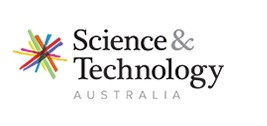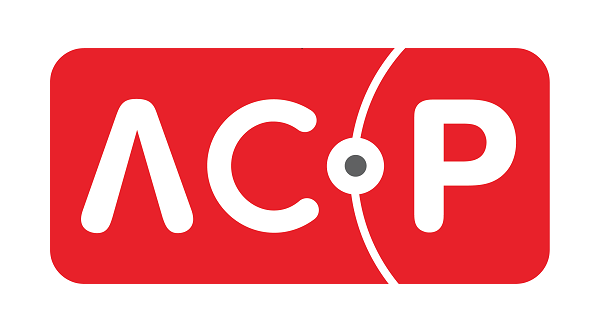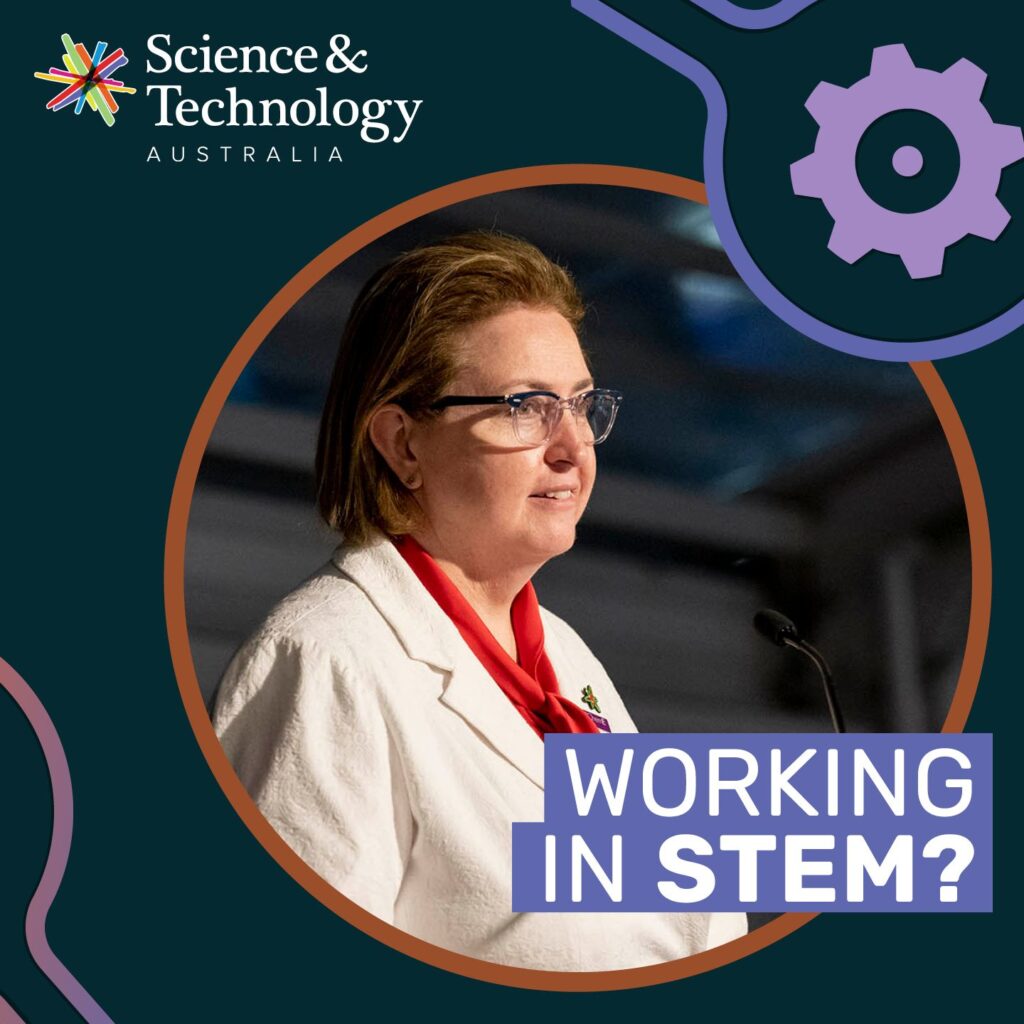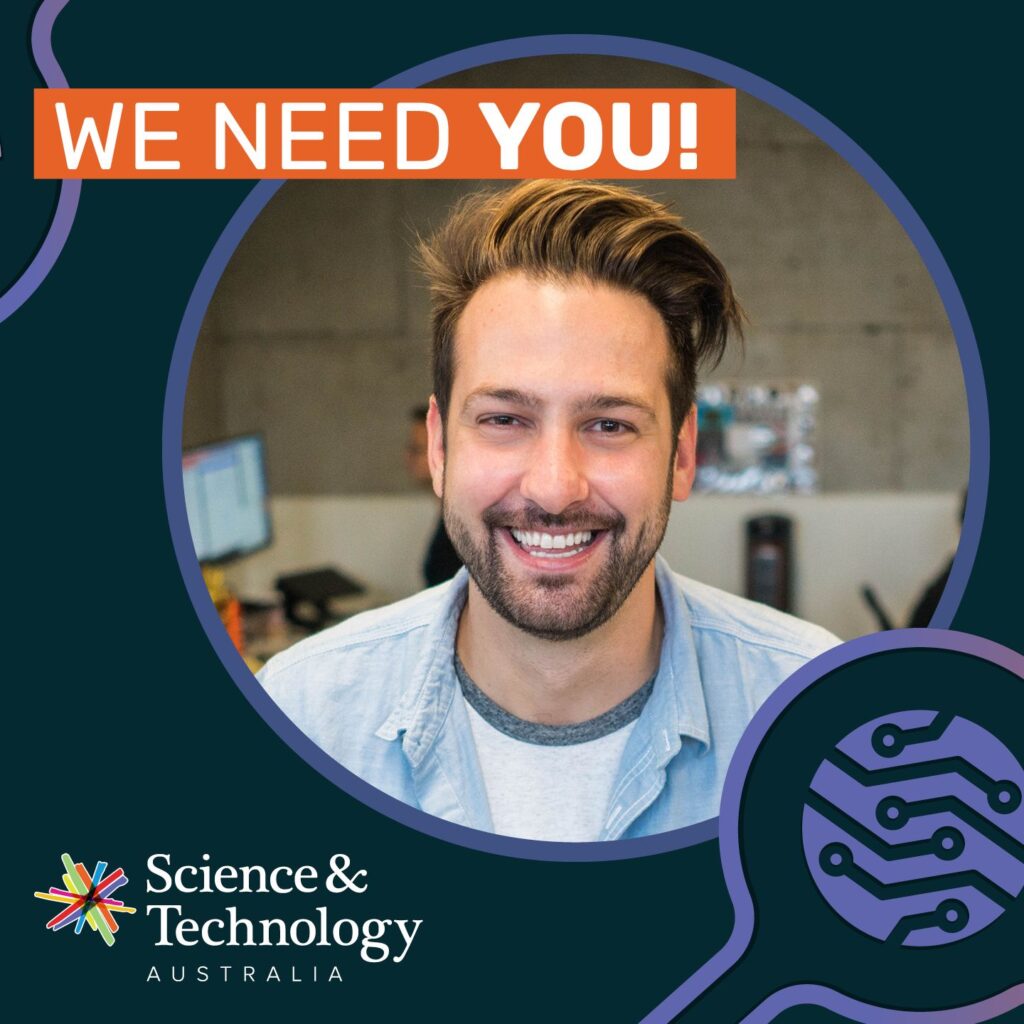ACoP, in conjunction with Science & Technology Australia (STA) held an exclusive STEM Careers Consultation Session on 4 July 2023, exploring a broad range of issues impacting pathways into STEM careers and movement between STEM specialisations.


STA has been commissioned by the Office of the Chief Scientist for the Prime Minister’s National Science and Technology Council to gather updated evidence on STEM career pathways and movement across the sector. The session, facilitated by Mike Teece, STA’s Director of Research, was attended by ACoP members and leaders in STEM from across the tertiary sector, industry, professional associations, and regulatory and accreditation sectors.
Micro-Credentials as credit towards qualifications
Issues relating to the value of Micro-Credentials and the opportunity for them to provide credit value towards new qualifications or to be recognised for entry into STEM careers were discussed. Attendees stressed the role of Micro-Credentials in augmenting core qualifications, not replacing the core qualification as the standard of practice. The session examined the need to have occupational mapping to clearly identify the skills required for STEM careers and the need for pathway mapping to national skill priorities.
Defining a ‘STEM practitioner’

Attendees noted the need to have more awareness of what “a day in the life of” a STEM practitioner looks like to build awareness and interest from professionals in other sectors, such as HR. Attendees noted that taking on a second qualification is often too disruptive for many individuals and rather than risking being lost from the core profession in the process of upskilling or retraining, there is a strong need to supplement core qualifications.
Industry and Tertiary collaboration
For specific STEM careers, the need for industry to work with universities to build programs of study based on skills required at the local level was deemed critical. There was general agreement that the B2B model is the most successful in meeting industry needs. Similarly, it was noted that Micro-Credentials played an important role in adding to trade qualifications, ensuring that technical skills need to continue to be fit for purpose. Participants also raised the need to align training and retraining to industrial awards, as a necessary step to obtain individuals’ buy in.
Prioritising wellbeing, diversity and culture
It was identified that some professions have early burn out rates, such as construction engineers, and the need to offer retraining to those professionals at that point. It was also noted that there is a very high percentage of females leaving the engineering profession post-graduation. Participants discussed the global competition for STEM skills and the importance of Australian businesses to offer competitive arrangements to retain talent.

Discussions noted the lack of clarity of how an individual can move from one STEM sector to another. Issues relating to pathways in STEM and the importance of company culture and diversity were also explored with graduates selecting employers with values aligned to theirs. Participants shared a number of initiatives being undertaken across the sector to promote STEM careers.
Next Steps
Science & Technology Australia will be submitting their draft report to the Prime Minister’s National Science and Technology Council in mid-July and would like to acknowledge ACOP’s significant contribution into this important research.